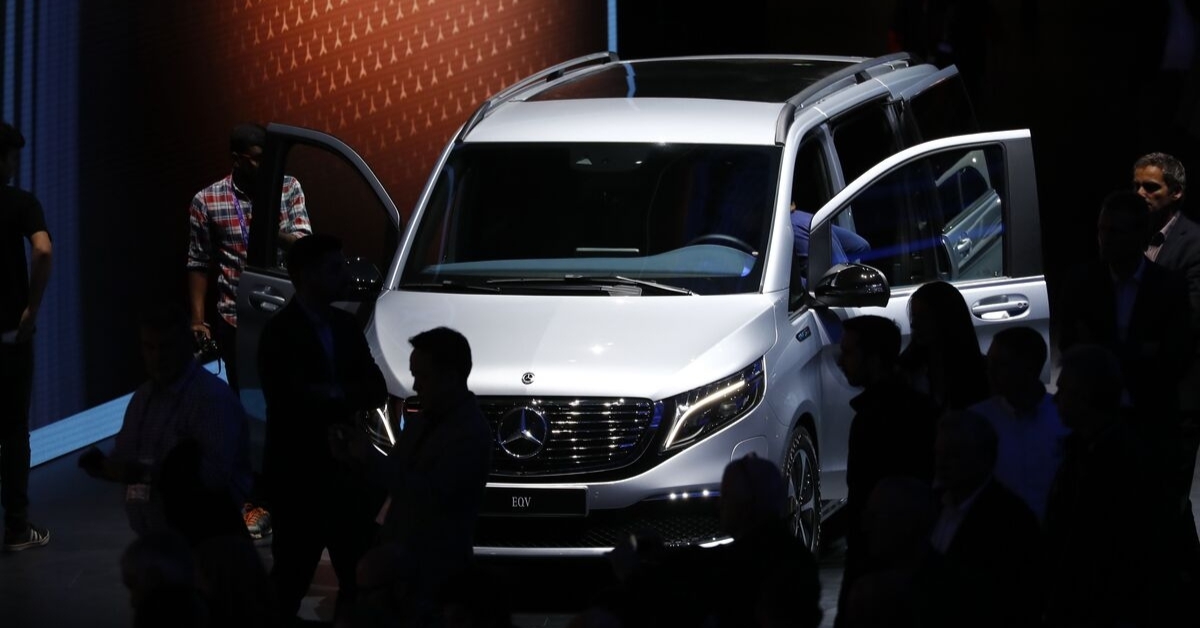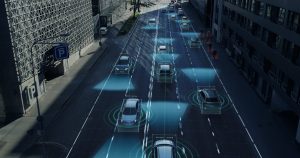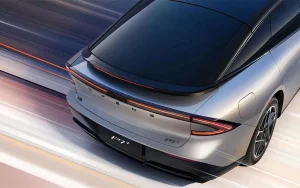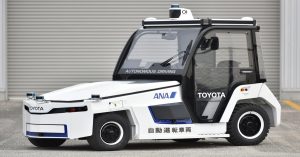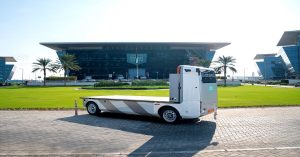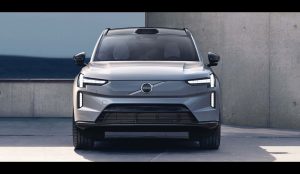Mercedes-Benz Vans has recently announced a groundbreaking development in its vehicle lineup. Starting in 2026, all newly developed vans from the renowned automobile manufacturer will be based on a singular innovative, modular, and scalable architecture known as VAN.EA, which stands for Van Electric Architecture. This move represents a significant shift towards electric mobility and highlights Mercedes-Benz Vans’ commitment to sustainability and cutting-edge technology.
The introduction of VAN.EA architecture aims to achieve a high range for electric vans by optimizing battery capacity. The company recognizes that battery capacity is directly related to the vehicle’s weight and costs and through VAN.EA intends to strike the ideal balance between these factors. Consequently, all midsize and large vans developed on this new modular platform will be exclusively electric starting in 2026.
Mercedes-Benz Vans intends to restructure its global production network and set up its inaugural plant dedicated solely to manufacturing pure electric light commercial vehicles (eLCVs) in Jawor, Poland, in order to contribute to this groundbreaking initiative. The facility is designed to set new benchmarks in productivity, lean operations, and sustainability for the manufacturing of premium electric light commercial vehicles worldwide. By focusing on the production of eLCVs, Mercedes-Benz Vans demonstrates its commitment to offering top-tier electric vehicles in the commercial sector.
The production site for the VAN. EA-based large vans will adhere to the highest environmental standards, striving to achieve net carbon neutrality. This commitment aligns with Mercedes-Benz Vans’ overarching goal of ensuring that all their plants operate in an environmentally responsible manner. By making its manufacturing processes sustainable, the company aims to contribute positively to the global efforts of reducing carbon emissions and combating climate change.
Mathias Geisen, Head of Mercedes-Benz Vans, expressed his enthusiasm about the introduction of VAN.EA, stating, “Starting in 2026, we will introduce our purpose-built EV architecture VAN.EA. By adopting this approach, we can streamline our range of vans by combining midsize and large models into a single architecture, resulting in a substantial simplification of our product lineup. Maximum added value for customers with sustainable profitability at the same time: VAN.EA clearly underscores our aspiration to be the ‘Lead in Electric’.” Geisen’s comments emphasize the company’s drive to simplify its offerings while delivering exceptional value and profitability to its customers.
Andreas Zygan, Head of Mercedes-Benz Vans Development, further emphasized the significance of VAN.EA by stating, “According to the ‘electric-only’ strategy, VAN.EA is developed from scratch as a purpose-built electric vehicle, fully leveraging the advantages of the new technology. Zygan’s statement emphasizes the company’s dedication to minimizing carbon emissions throughout the complete lifespan of their vehicles and underscores the significance of VAN.EA is realizing its ambitious objective of surpassing a 50% share of Battery Electric Vehicles (BEVs) by 2030, while concurrently achieving a substantial reduction in CO₂ emissions.
In conclusion, Mercedes-Benz Vans’ announcement regarding the introduction of VAN.EA architecture and the shift towards electric-only midsize and large vans represent a significant milestone for the company. With this innovative platform, they aim to optimize battery capacity and range while reducing the complexity of their product portfolio. By investing in a state-of-the-art production facility for electric light commercial vehicles, Mercedes-Benz Vans is setting new standards in productivity, lean operations, and sustainability. Their commitment to sustainability is further reinforced by the goal of achieving net carbon neutrality in their manufacturing processes. The introduction of VAN.EA demonstrates Mercedes-Benz Vans’ determination to be at the forefront of electric mobility and reinforces its position as a leader in the automotive industry.

